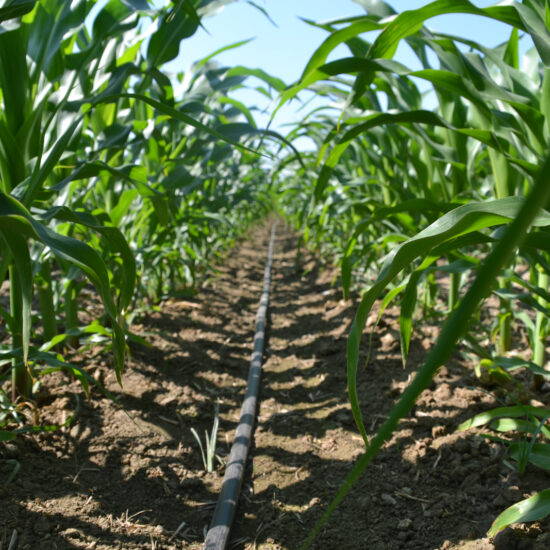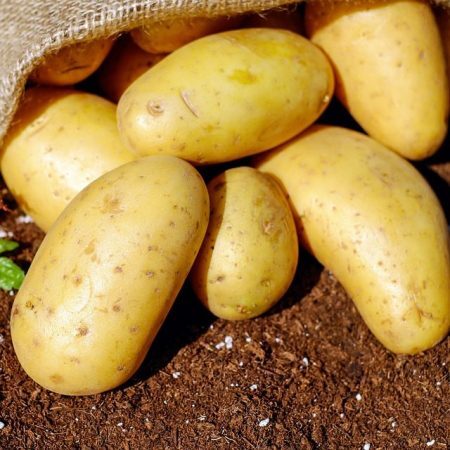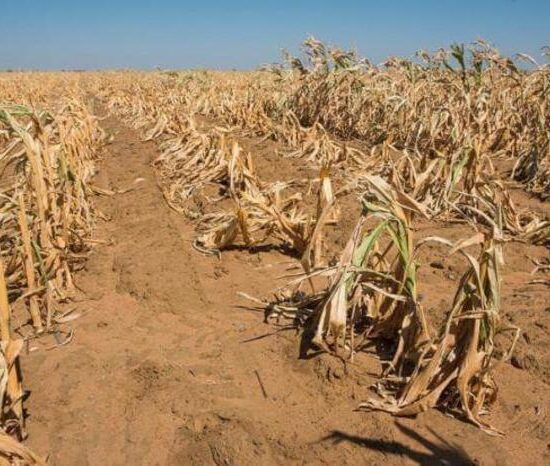
Luano Honey says the demand for honey has continued to expand both locally and across the world, making honey production and harvesting a viable business in Zambia. But the company has stated that honey export market requires huge quantities which require huge capital investment.
Company Director Miit Pandoliker disclosed that his company has made its honey available worldwide through its e-commerce solution where it offers free worldwide shipping. Pandoliker said the company is hoping to penetrate the export market directly to consumers by advertising in different countries and having people order the honey through its website.
In an interview with the Zambian Business Times – ZBT, Pandoliker said the company was exporting their honey to South Africa and Namibia but is currently not exporting due to the Covid-19 pandemic, but is hopeful that the recently launched e-commerce will boost company sales.
He added that exporting honey requires big quantities and that exporting quantities such as 1,000 tonnes of honey can cost as much as US$2 million, so the company is working towards injecting more capital and filling the financial gap so they can export such quantities.
“The demand for honey is there, we are getting enquiries from South Korea, South Africa, Germany and Saudi Arabia. People in Saudi Arabia have even translated our Luano Honey labels for their market, but currently we are facing working capital restrictions as the cost of exporting huge honey quantities is very high”, he told ZBT.
Pandoliker revealed that that the Luano Honey Company works with rural beekeepers who are mostly youths and women. He said the company only exported its first consignment last year, before South Africa and Namibia went into lockdown before the covid-19 pandemic hit, but is hopeful that things will be back to normal soon.
He also said the company is managing to keep operations moving because the rest of the world has been forced to open up and do business. We are getting more enquiries as 2021 progresses. Pandoliker said the company produced 50 tonnes of honey last year and plans to increase production to 140 tonnes in 2021.
He has however noted that production is at an all-time high but the company is not getting the actual value of honey due to the Covid-19 pandemic, which has negatively affected most businesses.
“Our raw materials such as honey are in Zambia but in terms of packaging, everything else is dollar dependent, so those costs have doubled locally due to the depreciation of the Kwacha, meanwhile the selling price of honey is still the same”, he said.
Interest in Zambia’s natural honey and honey from beekeepers has continued to increase with most local companies facing challenges to expand from local markets into the lucrative export markets. The cost of financing further remains a major challenge for the growth of local enterprise.






